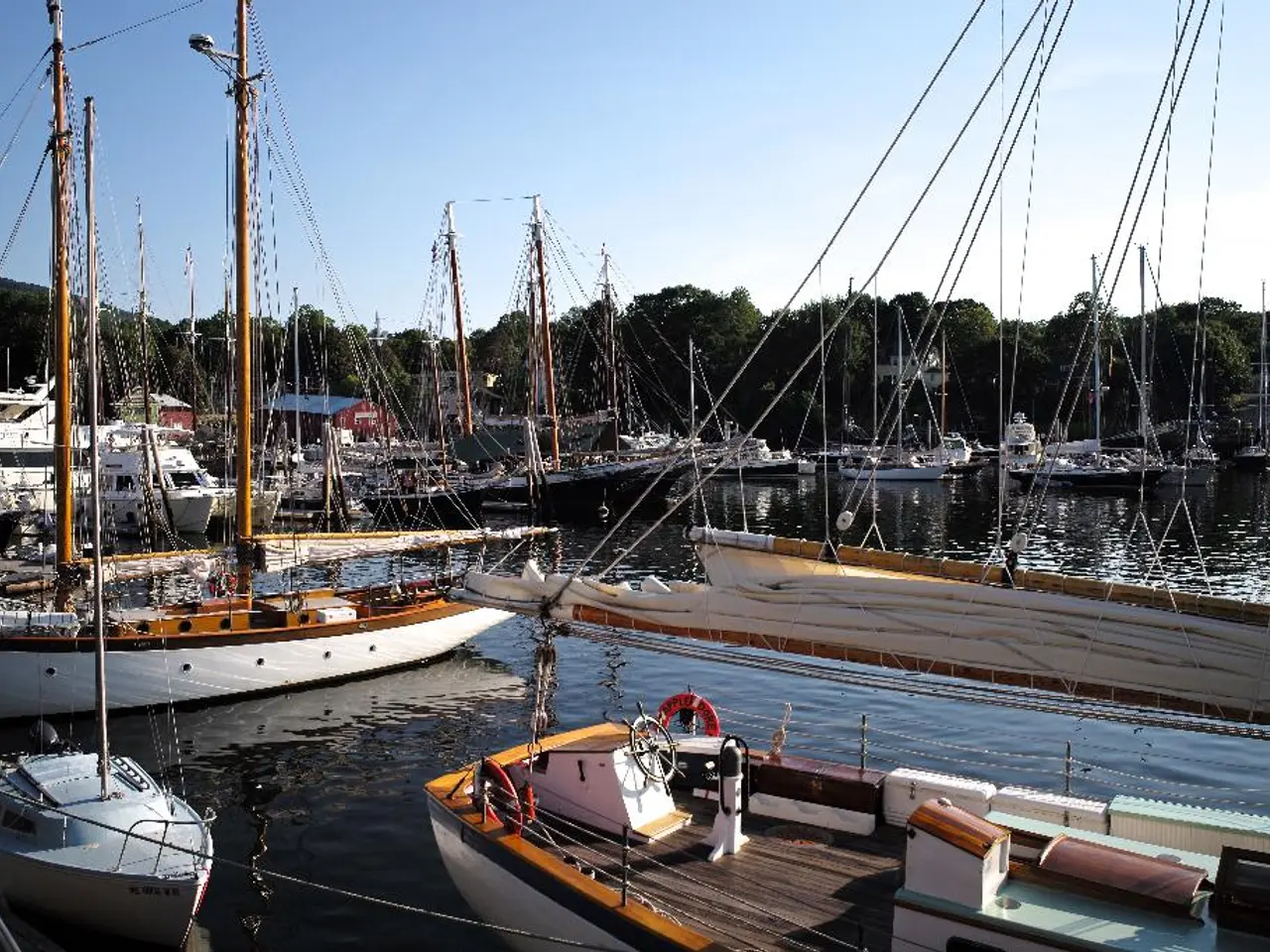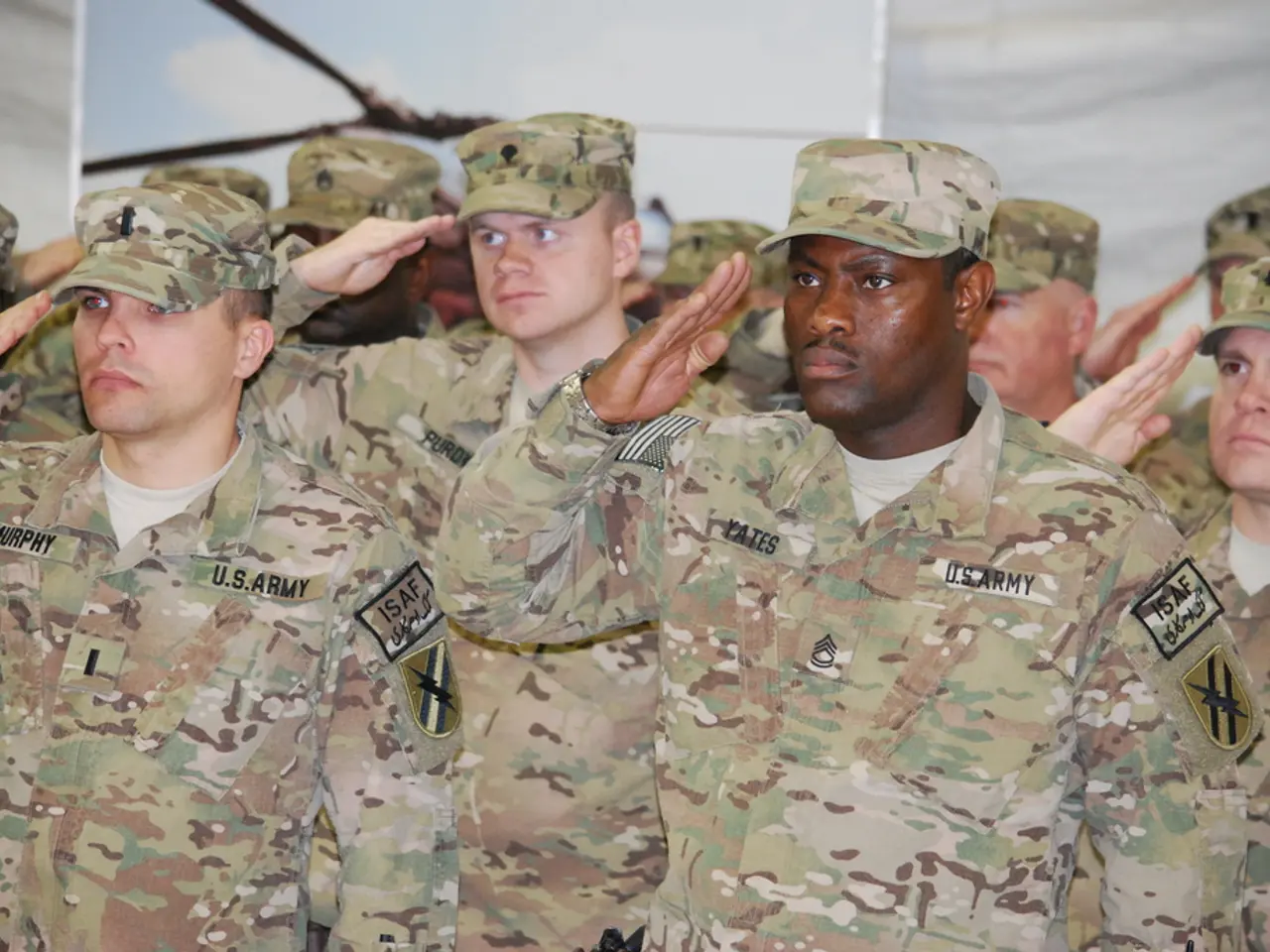Exploring the Unexplored: Insights from the Arctic Frontier
In a conversation that took place in the unpredictable and resource-limited polar regions, Eoin Walker was joined by Arctic expedition leader Kasper Jæger. The discussion focused on leadership in extreme conditions, drawing on real-life experiences and strategies from polar expeditions to provide insights into effective leadership in high-stress situations.
Jæger, with years of experience guiding in polar regions, shared stories and strategies, focusing on team function, decision-making under stress, and the importance of small details. The conversation did not focus solely on polar expeditions but provided valuable lessons applicable to various fields such as healthcare, education, outdoor leadership, and business.
One of the key lessons from the conversation was the importance of resilience and mental toughness. Leading an expedition in Arctic conditions requires sustained mental strength to navigate challenges, setbacks, and risks, a quality that is equally essential for healthcare professionals managing crises or educators facing complex classroom dynamics.
Adaptability and situational awareness were also highlighted as crucial skills. Polar environments are unpredictable, demanding rapid response to changing conditions. This parallels healthcare's fast-paced emergencies, evolving educational needs, business volatility, and outdoor leadership requiring agile decision-making.
Maintaining trust, communication, and motivation in isolated, high-pressure settings keeps teams effective, a point that Jæger emphasised. This is critical in hospitals, schools, and organisations during stressful, high-stakes situations.
The balance between morale, comfort, and safety is a key aspect of leadership in polar expeditions. Just as expedition leaders must balance caution with bold moves, leaders in other sectors must weigh risks carefully while inspiring confidence in their teams.
The conversation also touched upon group dynamics, personal resilience, and how leadership evolves with experience. Jæger emphasised the challenges of leadership in extreme conditions, such as shifting ice and unpredictable weather, and the importance of leadership skills in managing teams under pressure in such environments.
In sum, the leadership demonstrated by Kasper Jæger in extreme polar environments teaches the importance of psychological endurance, flexible strategies, and fostering strong interpersonal bonds. These transferable skills help leaders in various sectors guide their teams safely and successfully through complex, high-stakes circumstances.
References: [1] [Article on Leadership in Polar Regions] [2] [Article on Leadership Skills in High-Stakes Scenarios] [3] [Article on Team Cohesion in Isolated Settings] [4] [Article on Decision-Making under Pressure] [5] [Article on Leadership Lessons from Polar Expeditions]
- The leadership skills demonstrated by Kasper Jæger in intense polar expeditions underscore the need for psychological resilience, flexible strategies, and strong interpersonal bonds, qualities that are equally relevant to healthcare, education, business, and outdoor leadership.
- Adaptability and situational awareness are vital leadership skills highlighted during the conversation, as they are essential not only in polar environments but also in the fast-paced landscapes of healthcare, education, business, and outdoor leadership.
- Jæger's focus on maintaining trust, communication, and motivation among team members in isolated and high-pressure polar settings mirrors the need for these skills in hospitals, schools, and organizations during stressful, high-stakes circumstances.
- Leading an Arctic expedition requires mental toughness and the ability to navigate challenges, setbacks, and risks, making this quality highly applicable to healthcare professionals managing crises or educators facing complex classroom dynamics.
- Just as expedition leaders must carefully balance caution with bold moves to ensure team safety, leaders in other sectors must also approach risks thoughtfully while inspiring confidence in their teams, investing in the areas of finance, business, education, and self-development.




